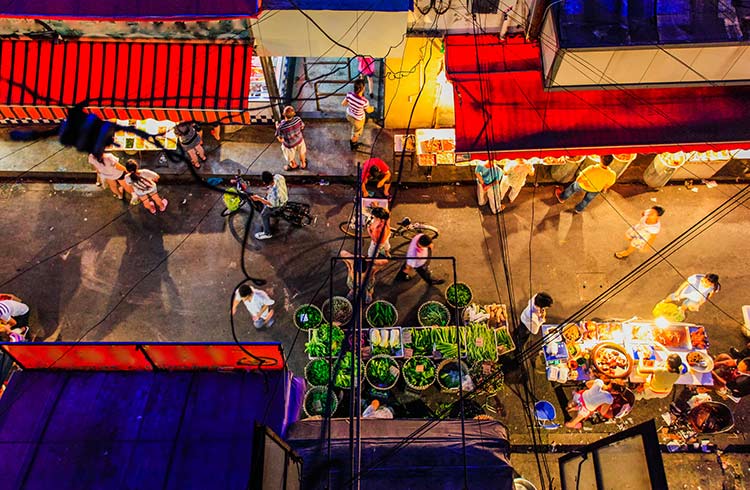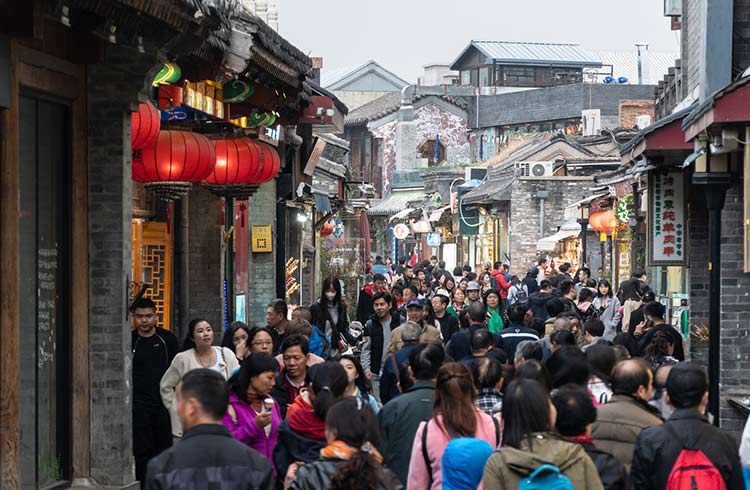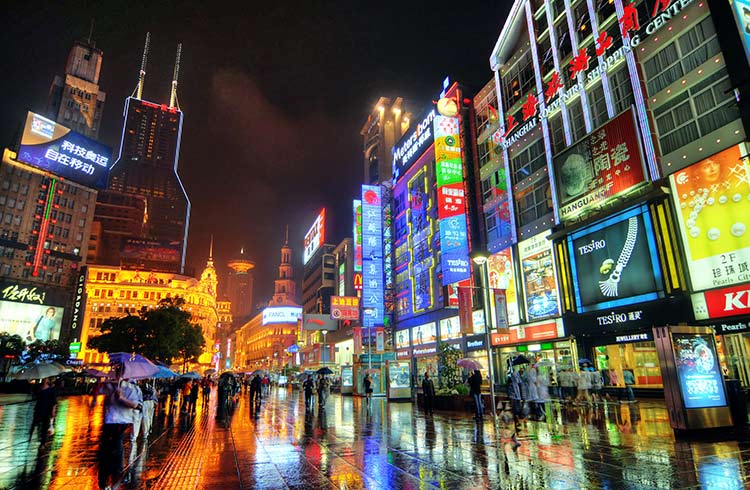5 Types of Common Petty Crime to Look Out for in China
Here's how to protect yourself from pickpockets, aggressive beggars and petty criminals in China.
 Photo © Getty Images/SHX
Photo © Getty Images/SHX
- Petty Crime in Public Areas of China
- Protect Yourself From Pickpockets in China
- Passport Safety in China
- Aggressive Beggars in China
- Child Exploitation in China
- Listen to The World Nomads Podcast: China
Petty crime in public areas of China
Transportation stations attract petty criminals, often at the ticket booth, as do overnight train carriages and Trans-Siberian Express lines.
Visitor attractions, Beijing International Airport, expat bars at night, street markets and Yuyuan Garden, a major tourist and shopping area in Shanghai, are other hotspots for theft.
Attempts at camera theft have also taken place along the Bund and at a bus station in Shanghai.
Guangzhou, Xian and Guiyang are all hotspots for pickpocketing.
Reports of petty crime seem to rise in February, during Chinese New Year. On rare occasions, incidents can turn serious, with reports surfacing every now and again of violence or wiorse committed against visitors.
Protect yourself from pickpockets in China
Pickpockets frequently operate in packs by having one member distract you while another steals your wallet or purse.
A rule of caution when traveling anywhere applies doubly in China: don't leave anything valuable in your back pockets, and if you realize someone is trying to steal from you, make a lot of fuss and noise to attract attention and, hopefully, the police.
Thieves in China also like busy restaurants, so keep your bag securely on your lap.
Passport safety in China
One particularly tricky issue is that you are required to carry your passport with you at all times when you travel in China, as visitors are subject to random checks. This means that your passport has a greater likelihood of getting stolen.
Make sure that you store your passport, and any other relevant paperwork, in front pockets or in a bag or pack secured at the front of your body.
The British Foreign & Commonwealth Office reports that theft of British passports, in particular, has increased in big cities. Make sure you also travel with a copy of your passport just in case.
Aggressive beggars in China
Beggars are common throughout China with some becoming aggressive or following you a few blocks down the road, even if you try to ignore them.
Beijing's Silk Alley is well-known for beggars because of its high concentration of visitors shopping, as is the back end of the Forbidden City.
More beggars roam from Xi Dan to the third ring.
If a beggar or homeless person asks for money at a restaurant, or crowded public place like a park, the staff or police will often intervene quite aggressively. One traveler to Shanghai recalled a police officer pushing a beggar away when he asked for money in popular Peoples Park and a waiter at a restaurant on the Bund doing likewise with another vagrant.
Try waving beggars or hagglers away, or say "Bu Yao," which means "Go away."
Child exploitation in China
Child begging is a problem in China, and many suspect the country's high rate of missing children is tied to this practice. Some beggars use their own, or possibly kidnapped, children to up the emotional appeal.
The children can be as pushy as the adults, and giving money to one child will often draw out a pack of additional kids hoping to collect.
Some people have reported seeing adults hiding behind nearby taking the money you've just given to a child. Never give money to children, ever.
Listen to The World Nomads Podcast: China
Related articles
Simple and flexible travel insurance
You can buy at home or while traveling, and claim online from anywhere in the world. With 150+ adventure activities covered and 24/7 emergency assistance.
Get a quote

2 Comments
Literal translation of "Bu Yao": Do not want.
(Also, saying the words sharply and sternly will help most Western-tongued folk pronounce them more accurately.)
I don't give money to beggars. I give food or water. That way you are helping them but not enabling drug/alcohol use or if they are part of a begging ring where all of the money has to be passed back to their handler.